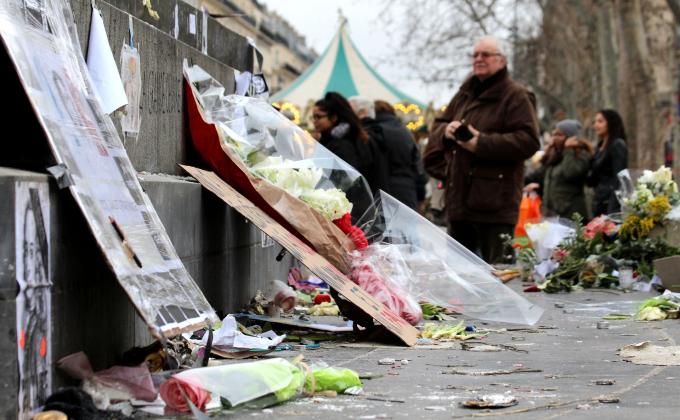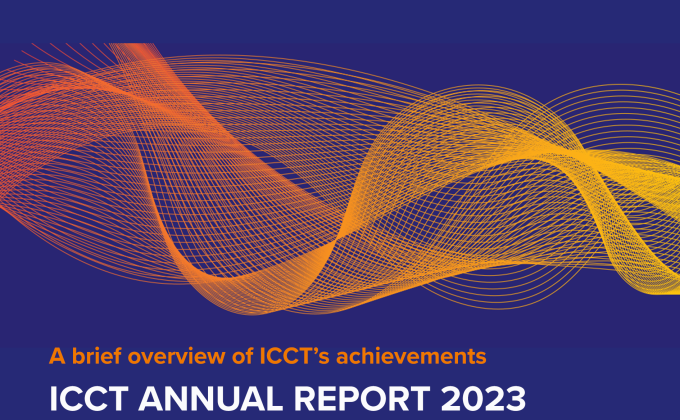How the EU’s counter-terrorism policy can be improved
The terrorist threat in the EU is very likely to increase over the next five years, particularly due to an expected increase in returning foreign fighters from the battlefield of Syria and Iraq.
In addition, the diversification of the approaches used by terrorists, the range of targets chosen, the level of organisation of the perpetrators and the type of weapons chosen (especially the trend of ‘weaponisation’ of ordinary life) make the lives of security authorities even more challenging. In these circumstances, how can counter-terrorism policy be improved?
A new study commissioned by the Civil Liberties, Justice and Home Affairs Committee of the European Parliament, and produced by PwC and the International Centre for Counter-Terrorism – The Hague (ICCT), analyses the coherence and effectiveness of the European Union’s counter-terrorism policy.
Mapping out the EU policy architecture of the counter-terrorism policies, the study shows a picture of a plethora of various issue-specific policies that partly overlap, but mostly miss the strategic guidance of an overall policy strategy.
The research highlights the cross-border aspect of the terrorism threat which makes it urgent that EU Member States work closely together in containing this threat. The study focuses on seven Member States (Belgium, Bulgaria, France, Germany, the Netherlands, Slovakia and Spain) and offers a total of 22 policy recommendations to improve the relevance, coherence and effectiveness of the EU counter-terrorism policies.
Among other things, there is an opportunity to improve data exchange, police and judicial cooperation, and border control. Although many EU instruments and mechanisms are in place for data exchange and police and judicial cooperation, with an increase in the use of such instruments and mechanisms, those practitioners interviewed for this study still seem to prefer making use of their bilateral trusted contacts for international cooperation.
Looking ahead, there are three key actions to improve counter-terrorism. Firstly, greater clarity is needed on those driving the EU counter-terrorism policy agenda. Mapping out all the relevant actors and their various mandates and focus areas shows a very crowded market place, without a clear leader of the pack, unless this role will in the future be played by the recently appointed Commissioner for the Security Union.
Secondly, there is a need for more structured future foresight studies to better inform policy making, as well as regular updates of an EU-wide cross-sectoral terrorist threat assessment.
Finally, better monitoring and evaluation of policy impacts is needed to improve their effectiveness and legitimacy, and is of particular importance to evidence-based policy and law-making. The entire process needs to be transparent and go beyond the usual suspects to involve citizens and stakeholders.











